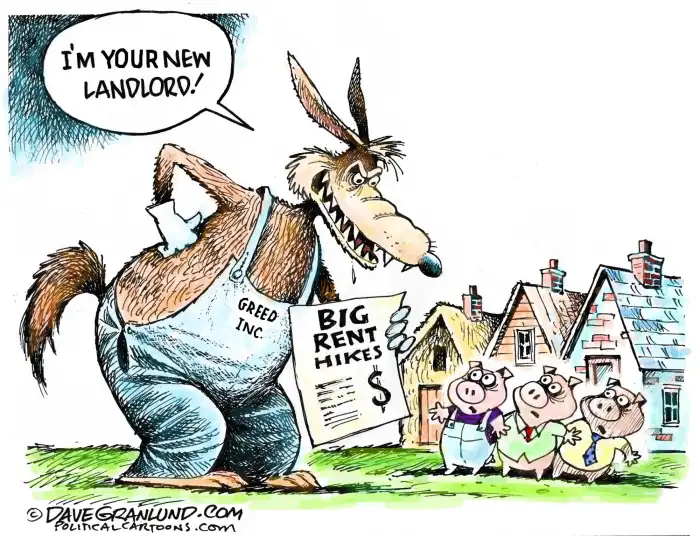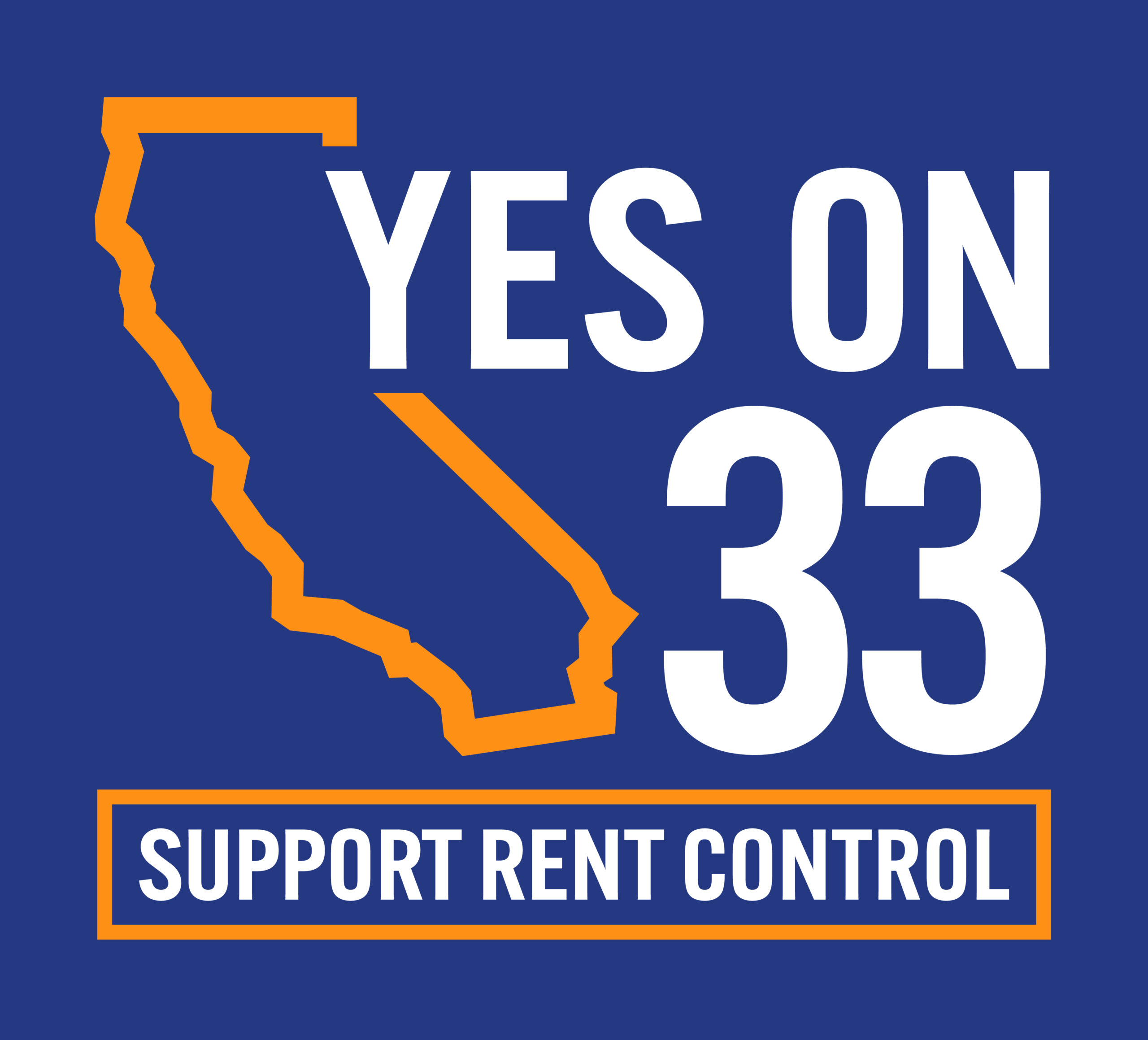
Rent control raises great passion on either side of the debate. Supporters say it is essential to prevent people from losing their homes. Opponents see it as something akin to communism. The truth lies between these extremes.
Rent control has been around for 100 years. During World War II, 80% of rental units fell under rent control. Rent control is an American tradition. It isn’t an attack on private ownership. It simply is a form of regulation, the same way we regulate other necessities such as utilities where rates must be approved by the Public Utilities Commission.
For low-income people, housing is by far their largest expense. Fifty-five percent of California renters are rent burdened. The federal definition of rent burdened is paying more than 30% of your household income on rent. But it is even worse than that because five million renters pay more than half of their income in rent. For many this leaves precious little for food, transportation, or healthcare.
This is not just a problem for the poor or those on fixed incomes. It is a huge burden for a starting teacher, police officer, or fireman in most places. Likewise, it is bad for our economy. Local businesses depend on customers who have disposable income.
After food and water, nothing is more basic to human survival than shelter. Therefore, we cannot just think of housing as a commodity. Housing is a necessity. As a result, rent control is the safety net. Without limiting rent increases to what people can afford to pay vs. what the market will bear, we are destroying the safety net.
Rent has been unaffordable in California for a long time. So, what has changed? Most new housing construction in California is way beyond the means of low-income people or people on fixed incomes. All the incentives have been aligned to benefit luxury developers. At the same time, tens of thousands of low-income units are being destroyed or converted. Rents are rising much faster than incomes.
This has led to a humanitarian disaster of homelessness and led to more than half a million people leaving to live in other states. Our cities are plagued by encampments and falling tax revenues. Younger people just starting out in their careers can’t make it here. According to a recent Los Angeles Times poll, half of Americans see California as being in severe decline and not the golden state of yore.
Tens of billions of dollars have been spent on housing programs over the last few years, but nothing has stemmed the tide, and nothing will unless we control rents. The rent is too damn high, and it is strangling renters and shredding the safety net.
Only 7% of Americans are landlords, yet their associations have a stranglehold on state Capitols. A quarter of California state legislators are landlords. The California Apartment Association (CAA) has the power to kill virtually any tenant protection bill in Sacramento before it even gets a hearing. Among the small percentage of the population that are landlords, there is a tiny group of billionaire landlords who control CAA and make the rules for renters.
The only remedy is for the voters, 45% of whom are renters, to act. Expanding rent control is on the ballot the November. Yes on 33 will enable local communities to expand rent control across the state.
Even for those who might consider rent control a harsh regulation, consider how much worse things can get if we don’t change course. When you are in a hole, stop digging. There is simply no better idea out there to protect existing tenants than to cap rent increases. If we don’t, the situation only will deteriorate more.
Rent control is not the total answer to the housing crisis in California. Yes, we need to rehab older buildings. Yes, we need to build more affordable housing. Yes, we need more housing vouchers. In the meantime, let’s protect the safety net by expanding rent control in California.
The opinions expressed here are solely the author’s and do not reflect the opinions or beliefs of the LA Progressive.
